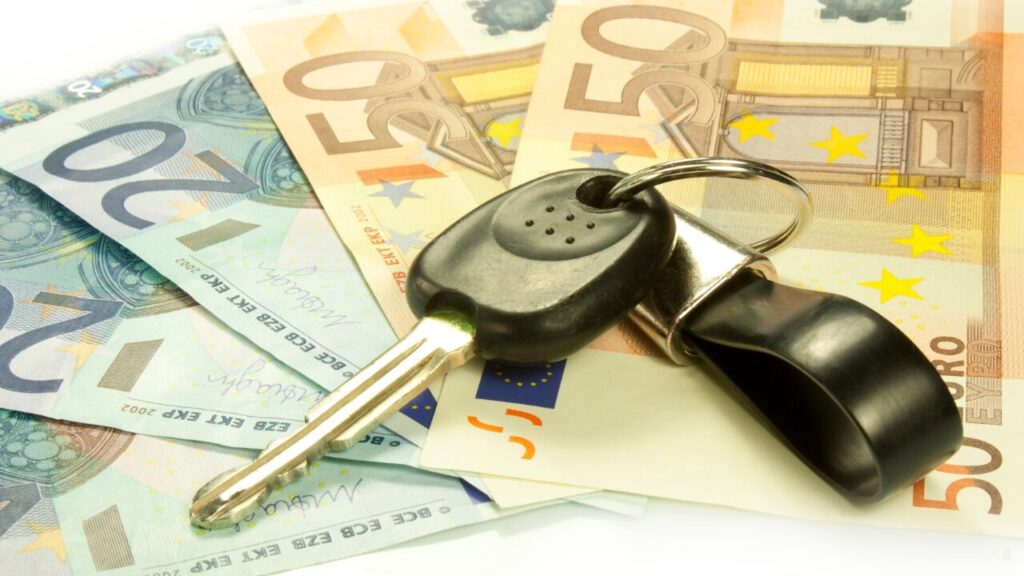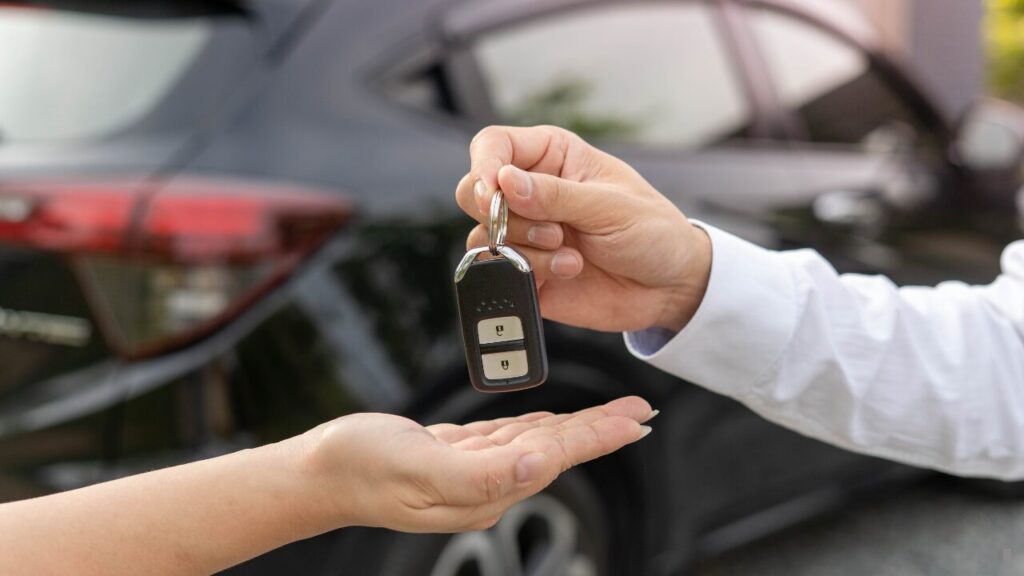
Taxes, Insurance, and Fuel Costs – Is Car Ownership Too Expensive in Japan? A Guide for First-Time Car Owners
In this guide, we will explain the maintenance costs and the average price of cars for those who are considering owning a car in Japan for the first time.
First, let’s explain the maintenance costs of owning a car.
In Japan, you not only pay taxes when purchasing a car, but also face various costs such as automobile tax, double taxation on gasoline, and high insurance premiums, especially for younger drivers. Owning a car in Japan requires a significant amount of money.
Types of Car Maintenance Costs

After purchasing a car, various maintenance costs will arise. Are you aware of the different types of maintenance costs? The maintenance costs can be broadly categorized into four types:
Owning a car in Japan involves a variety of expenses such as taxes, insurance premiums, maintenance costs, and fuel expenses. When purchasing a car, it is essential to consider not only the purchase price but also the maintenance costs; otherwise, you might find yourself unable to keep up with payments. It’s also important to note that the costs vary depending on the type of vehicle.
Taxes
There are two types of taxes associated with car ownership in Japan: automobile tax (kei car tax) and automobile weight tax. Automobile tax is levied on individuals who own a car as of April 1 each year. The tax amount varies depending on engine displacement; vehicles with an engine displacement of over 660cc are subject to “automobile tax,” while those with an engine displacement of 660cc or less are subject to “kei car tax.”
Insurance Premiums
Car insurance in Japan is broadly divided into two categories: “compulsory insurance” (Jibaiseki Hoken) and “voluntary insurance.” Compulsory insurance offers limited coverage with a maximum payout, whereas voluntary insurance provides additional coverage for damages not covered by compulsory insurance, including coverage for the other party’s vehicle and property, as well as protection for yourself and your passengers.

Maintenance Costs
The cost of vehicle inspections (shaken) varies greatly depending on the service provider and the condition of the car. Vehicle inspections are required three years after the purchase of a new car, and every two years thereafter. Vehicle inspections are legally mandated, and a car without a valid inspection cannot be driven on public roads. In addition to the parts replacements required during the inspection, other consumables like tires and oil may also need to be replaced, which can result in additional expenses.
About Vehicle Inspections:

Running Costs
When using a car, you will incur daily expenses such as fuel costs and highway tolls. If you rent a parking space, parking fees will also be necessary. Fuel costs vary greatly depending on the type of car and the distance driven, while parking fees fluctuate based on the region. Additionally, you will need to obtain an ETC card for use on highways. This card is issued by banks and credit card companies in Japan.
For more detailed information on maintenance costs, please refer to this page.

How Much Do Cars Cost in Japan? Price Ranges by Body Type

First, the selling price of cars in Japan is the sum of the following two amounts:
① Vehicle Price
The total payment amount for a car is the combined price of the vehicle itself and additional fees. The vehicle price refers to the monetary value assigned to the car based on its appraisal. The appraisal price is not uniform as it varies depending on factors such as the model year, mileage, condition, and even market demand at a particular time or in a specific region. This price includes items like the navigation system, audio system, and custom parts that are equipped at the time of sale.
② Additional Costs
Additional costs refer to expenses incurred when purchasing a car, excluding the vehicle price and optional items. These costs can be broadly categorized into two types: “statutory costs” and “service fees.” Statutory costs include taxes, license plate fees, and stamp duties for obtaining a parking certificate. Service fees cover expenses such as the processing fees for creating the vehicle registration and the handling fees for the parking certificate application.
The price of used cars is determined based on factors such as the model year, mileage, and repair history. In this article, we will explain the price range, including the lowest prices.
| Body Type | Before 2010 | 2014~2018 |
|---|---|---|
| kei car (ex: Wagon-R、MOVE) | ¥200,000 ~ ¥300,000 | ¥500,000 ~ ¥800,000 |
| Compact car (ex: Swift, FIT) | ¥200,000 ~ ¥500,000 | ¥500,000 ~ ¥1,500,000 |
| Mini-Van (ex: Voxy, STEP WGN) | ¥500,000 ~ ¥1,000,000 | ¥700,000 ~ ¥3,000,000 |
| SUV (ex: X-Trail, CX-5) | ¥500,000 ~ ¥1,000,000 | ¥700,000 ~ ¥3,000,000 |
The most important point to pay attention to is the vehicle’s repair history.
Although vehicles with a repair history have been made drivable, they are not in a completely healthy state. As you drive, issues may arise, and the repaired areas could increase the risk of accidents. If a vehicle you’re interested in has a repair history, it’s recommended to thoroughly ask questions such as “Why was it repaired?” and “What was the extent of the accident or damage?” Only consider purchasing the vehicle if you are satisfied with the answers.

List of documents required for purchasing a car

- Personal seal (Inkan)
- Seal certificate (You need to register at your local government office)
- Parking space certificate
- Parking space usage consent form
- Japanese bank account
- Residence certificate or Residence card
Gathering these documents is not an easy task.
For more details, please refer to this guide.


For those staying in Japan for less than 2 years, long-term car rentals are recommended.

If you’re coming to Japan as an expatriate, your stay will likely range from several months to over three years. For stays ranging from a few months to about a year and a half, we recommend long-term car rentals. You won’t need to worry about any of the complicated procedures such as gathering the necessary documents, paying taxes, or obtaining insurance, as we handle everything for you.
For those signing a contract for over a year, you can choose your preferred car model, and the monthly rental cost can be decided through consultation.
ASAHI MOTORS Rent a Car provides long-term car rentals for foreigners staying in Japan for extended periods. Feel free to contact us!





COMMENT